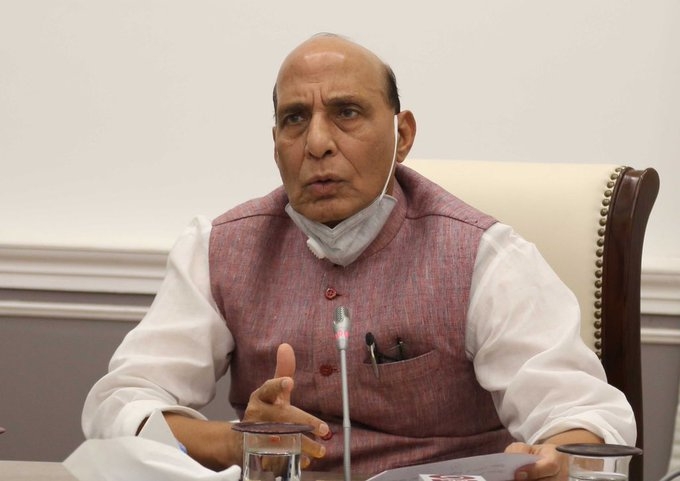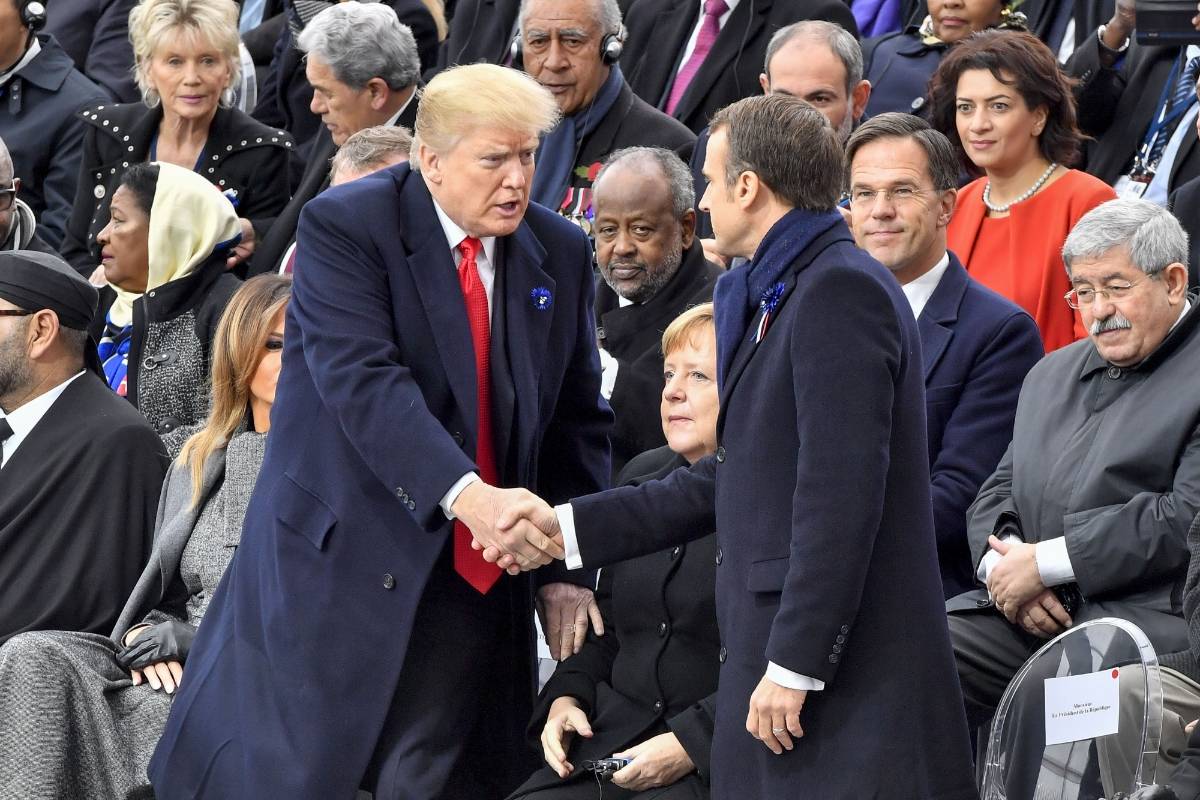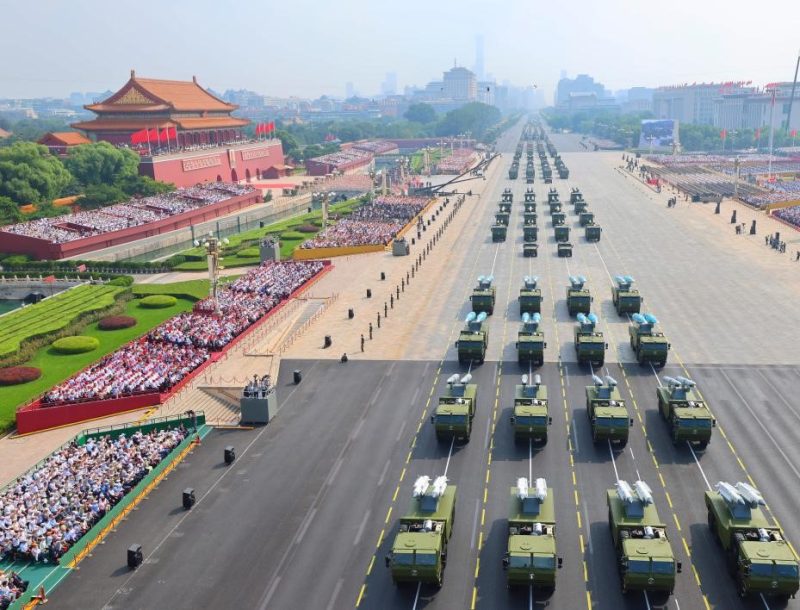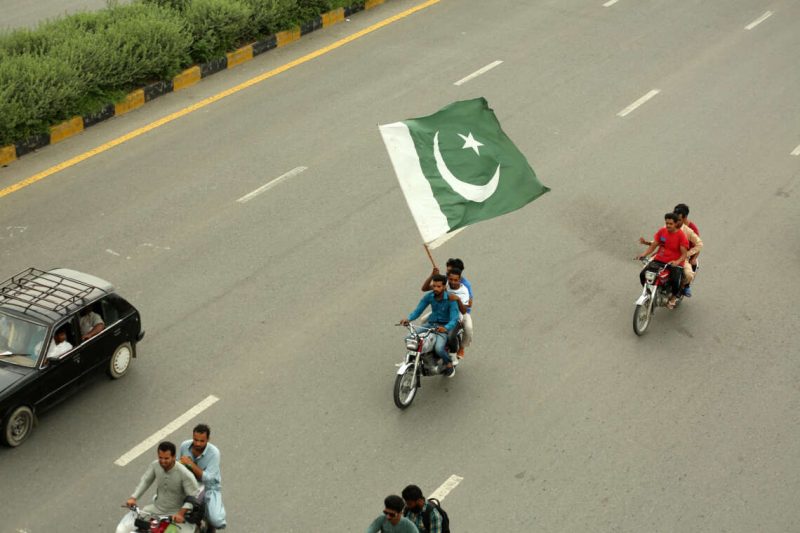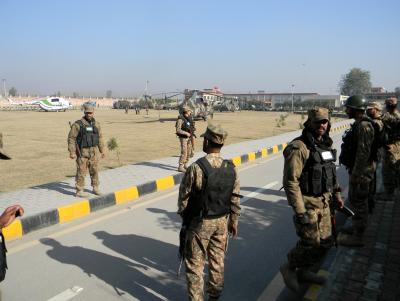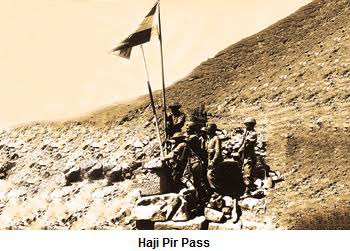The closer Pakistan slides to China, the further Balochistan inches away from Pakistan. Surging Baloch nationalism has found a new partner—a pro-freedom organisation in Sindh, which also plans to oppose the China-Pakistan Economic Corridor (CPEC) – a mammoth $62 billion infrastructure project.
Balochistan already has the Baloch Liberation Army (BLA), Balochistan Liberation Front (BLF), Baloch Republican Army (BRA) and the Baloch Republican Guards (BRG) which have been fighting for independence from Pakistan. Now these four have joined hands with the Sindhudesh Revolutionary Army (SRA) to form the Baloch Raji Ajoi Sangar (BRAS), with the aim of opposing the CPEC, which they say is exploiting the local people to benefit the Punjab-dominated areas.
Baloch Khan, BRAS spokesperson, said the organizations had held a session at an undisclosed location where they formed the strategy to liberate Balochistan and Sindh from Pakistan. The pro-freedom organizations also said that the people of Balochistan and Sindh have been living in their respective regions for thousands of years and enjoy strong cultural and historical relations.
https://www.youtube.com/watch?v=wZl7AUZQwX4
A statement by BRAS said: “Through the China Pakistan Economic Corridor (CPEC), Pakistan and China aim to subjugate Sindh and Balochistan to acquire their illegitimate political, economic and militaristic interests and want to occupy the coasts and resources from Badin to Gwadar.”
Though the Pakistani establishment—the generals who run the country and the politicians who are content to be the face of governance—has been presenting the CPEC as the panacea for all social and economic ills of the country, to the world it seems otherwise. The project is a series of roads, rail tracks, power stations and ports that seek to connect China’s Xinjiang to Pakistan’s Gwadar port in Balochistan, very close to the Iran border in the Arabian Sea.

Irrespective of what Pakistan may think and China say, the massive CPEC that runs through the entire length of Pakistan including the contested regions of Gilgit-Baltistan and Balochistan is headed for trouble. Most people largely see it as an exploitative project for the mineral-rich Balochistan that seeks to benefit Pakistan’s Punjab province. Even after more than 70 years, Balochistan remains a highly underdeveloped and poverty-stricken region with poor educational and health indices.
With China intending to use the Gwadar port for military purposes, it seems to be stationing its own security personnel in Balochistan and has constructed several fortified complexes. Even Pakistan, at the behest of China, has flooded the area with an army much against the wishes of the locals.

The nationalists have not only publicly declared their opposition to the CPEC but have carried several attacks on Chinese interests—just a month back the BLA had attacked the Pakistan Stock Exchange, the five-star Pearl Continental hotel in 2019 and even the Chinese consulate in Karachi in 2018.
In the last few months, the Balochs have ambushed and killed Pakistani Army personnel including officers.
Now with the linking up of the Baloch group with those in Sindh, another under-developed and exploited region, CPEC is expected to remain in news. The various groups that have linked together hope to coordinate better and share their resources for effective operations against Pakistani and Chinese interests. With local opposition mounting against the CPEC, Pakistan will have to pay a prohibitive price for a project that it cannot afford.
Also Read-India bans import of 101 defence items



